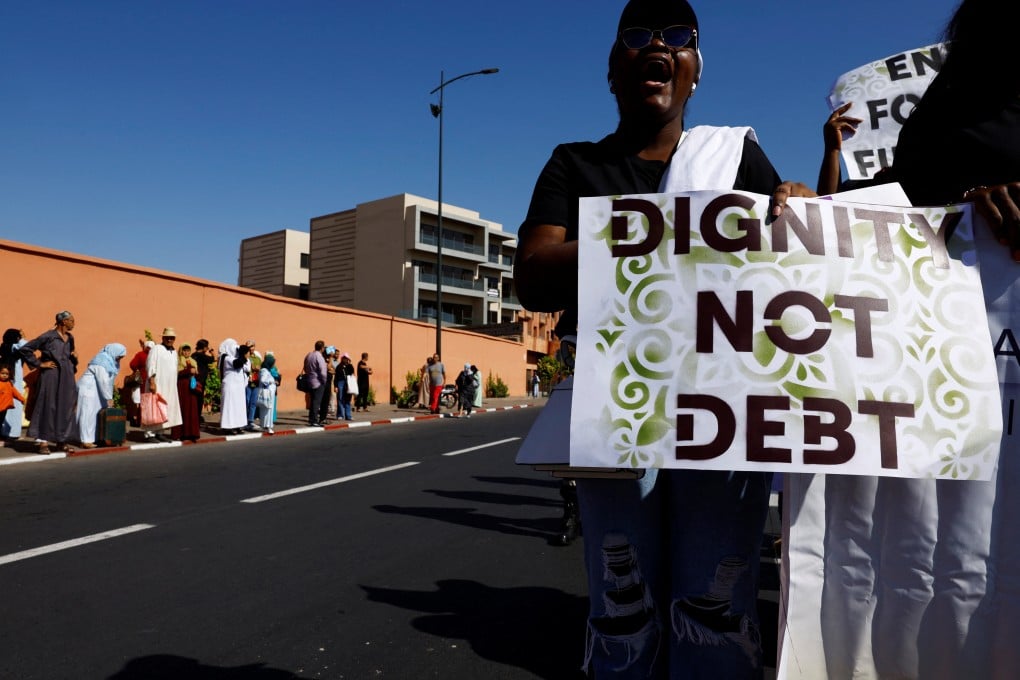Advertisement
Opinion | Globalisation lite: a plan to heal a fractured world of permacrises
- Tight coupling in a global world is breaking and we need a looser macro-management philosophy that allows for decentralised adjustments to different stresses and strains
Reading Time:4 minutes
Why you can trust SCMP
1

Are we in a state of permacrisis, defined as “an extended period of instability and insecurity, especially resulting from a series of catastrophic events”?
Advertisement
Former British prime minister Gordon Brown, fund manager Mohamed El-Erian and Nobel-winning economist Michael Spence think we are, judging by their new book, Permacrisis: A Plan to Fix a Fractured World.
These authors are practical and crises-hardened thought leaders who, between them, understand the toxic mix of politics, finance, economics and technology that plague us.
As British prime minister, Brown rallied world leaders at the G20 summit in 2009, amid the global financial crisis, to take collective action to reinflate the global economy. As adviser to Allianz Group, having formerly served as co-chief investment officer at Pimco, Mohamed understands financial markets and has been critical of recent global macroeconomic management.
As for Spence, after chairing the World Bank’s Commission on Growth and Development from 2006 to 2010, he has delved deeply into the study of cutting-edge technology, global supply chains and business trends.
Advertisement
Most books today spend more time on diagnosis – how we got into this mess – without articulating how we can get out of it. What this book tells us is that we cannot take the tailwind of growth and low inflation for granted.

Advertisement
